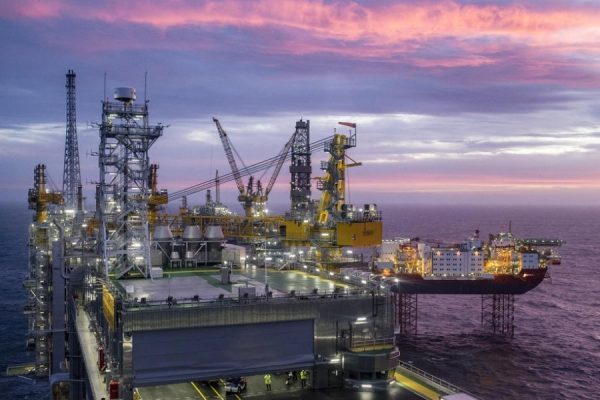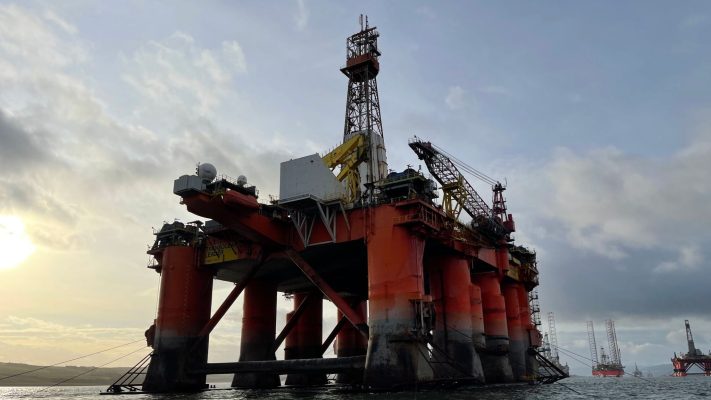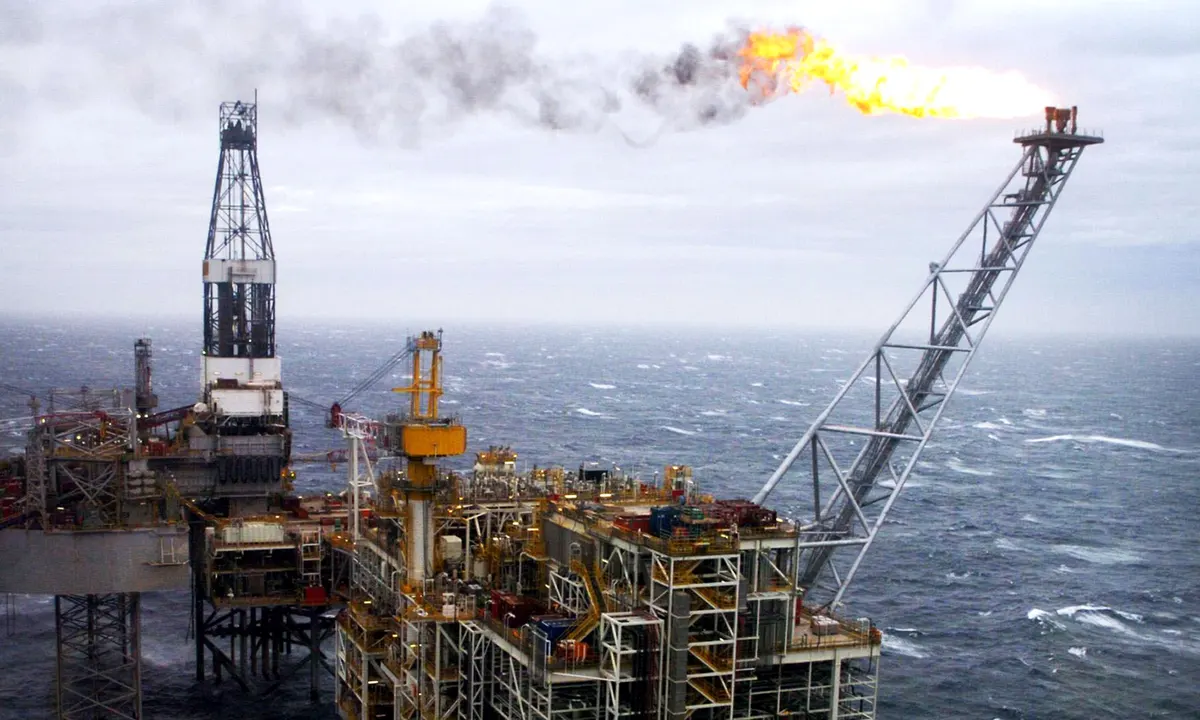UK’s North Sea Oil Exploration: A Controversial Step Towards Energy Independence?
The UK government has recently announced plans for a significant expansion of oil and gas drilling in the North Sea. This move, part of the UK’s North Sea Oil Exploration strategy, has sparked criticism from environmental activists who believe it undermines the country’s climate commitments. Despite the backlash, the government sees this as a necessary step towards energy independence.
The Rationale Behind the UK’s North Sea Oil Exploration
Prime Minister Rishi Sunak expressed hopes that the UK’s North Sea Oil plans would provide the UK with domestically-sourced energy. While transitioning to a net-zero economy by 2050.
He argued that even by 2050, a quarter of the UK’s energy needs would still come from oil and gas. Sunak prefers these resources to come from domestic supplies rather than relying on potentially hostile states. This perspective underpins the government’s decision to expand oil and gas drilling in the North Sea.

Alongside the expansion of the UK’s North Sea Oil. Sunak announced plans to build two new carbon capture and storage sites in the North Sea by 2030.
These facilities aim to reduce carbon emissions by capturing and storing carbon dioxide. Either in products like cement or deep underground.
The government hopes that these measures will offset the environmental impact of the increased oil and gas drilling.
The Controversy Surrounding the UK’s Exploration
Despite the proposed carbon capture measures, the UK’s decision to expand North Sea oil has met with criticism.
This move contradicts a previous warning from the International Energy Agency, which state that no new investment in oil and gas exploration should be made to limit global temperature rise to 1.5 degrees Centigrade above pre-industrial levels.
The controversy surrounding the UK’s North Sea Oil Exploration plans highlights the tension between the country’s energy needs and its environmental commitments.

Sunak’s office has committed to granting hundreds of new licenses for companies to drill for oil and gas offshore, with the first 100 expect to be grant in the fall. However, all prospective licenses will undergo a “climate compatibility test”.
This test is design to ensure that the UK’s North Sea Oil Exploration activities align with its climate goals. As these plans unfold, the debate on balancing energy needs and environmental commitments continues.
The future of the UK’s North Sea Oil Exploration strategy will undoubtedly have significant implications for the country’s energy landscape and its commitment to combating climate change.





